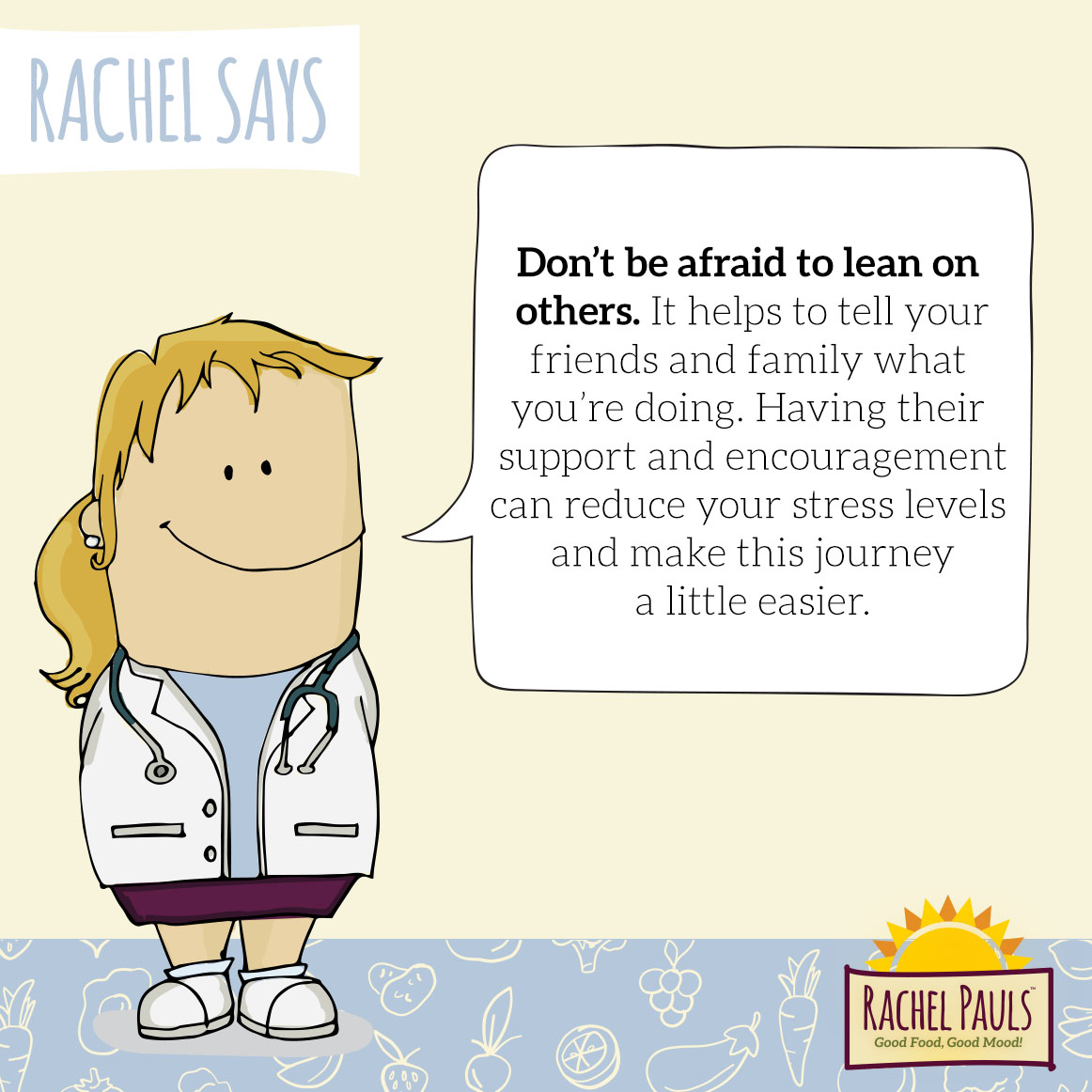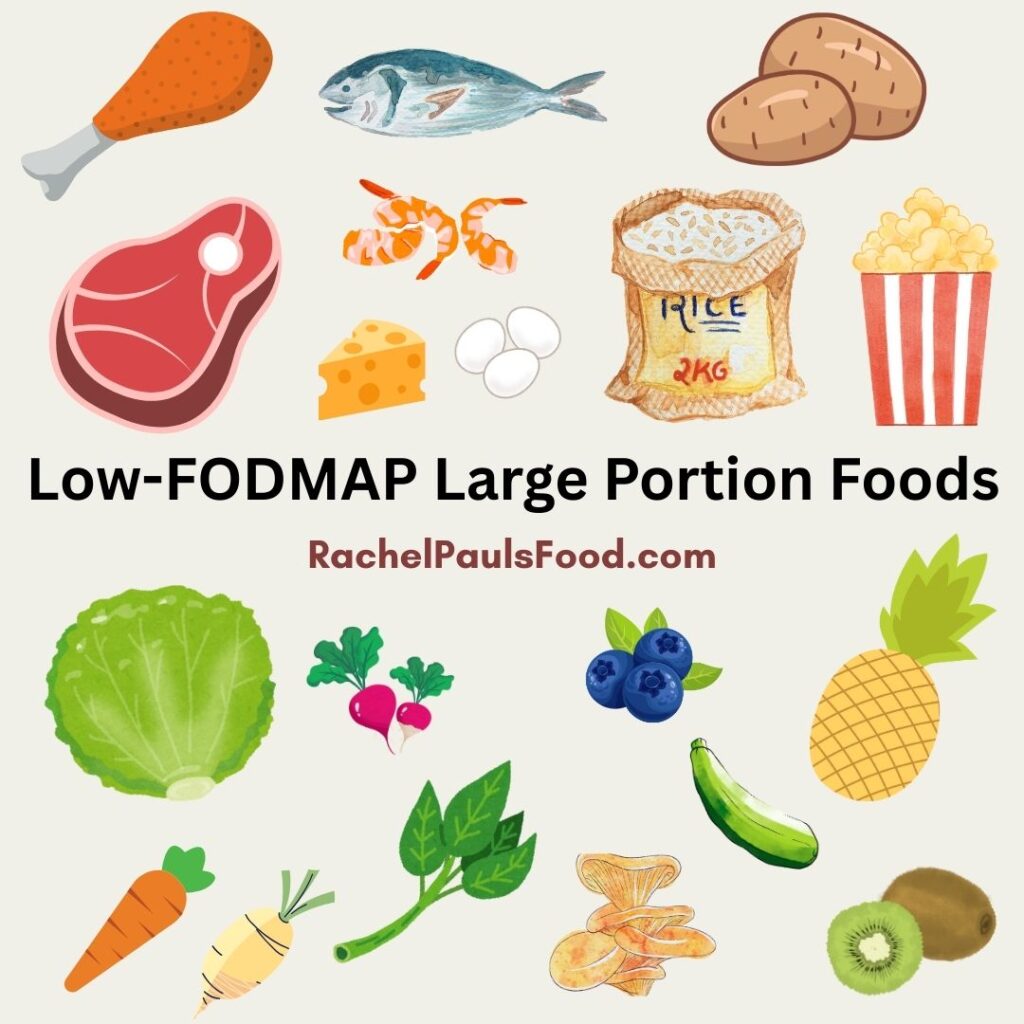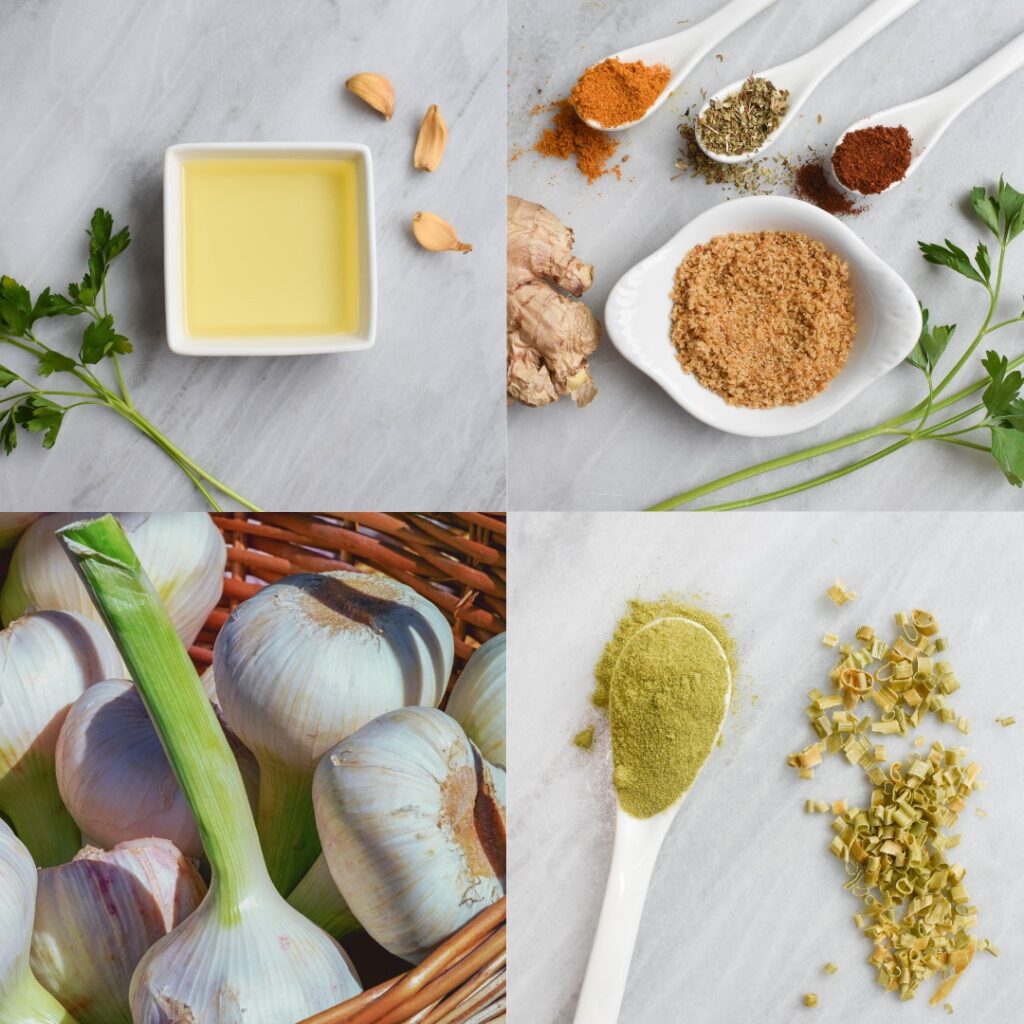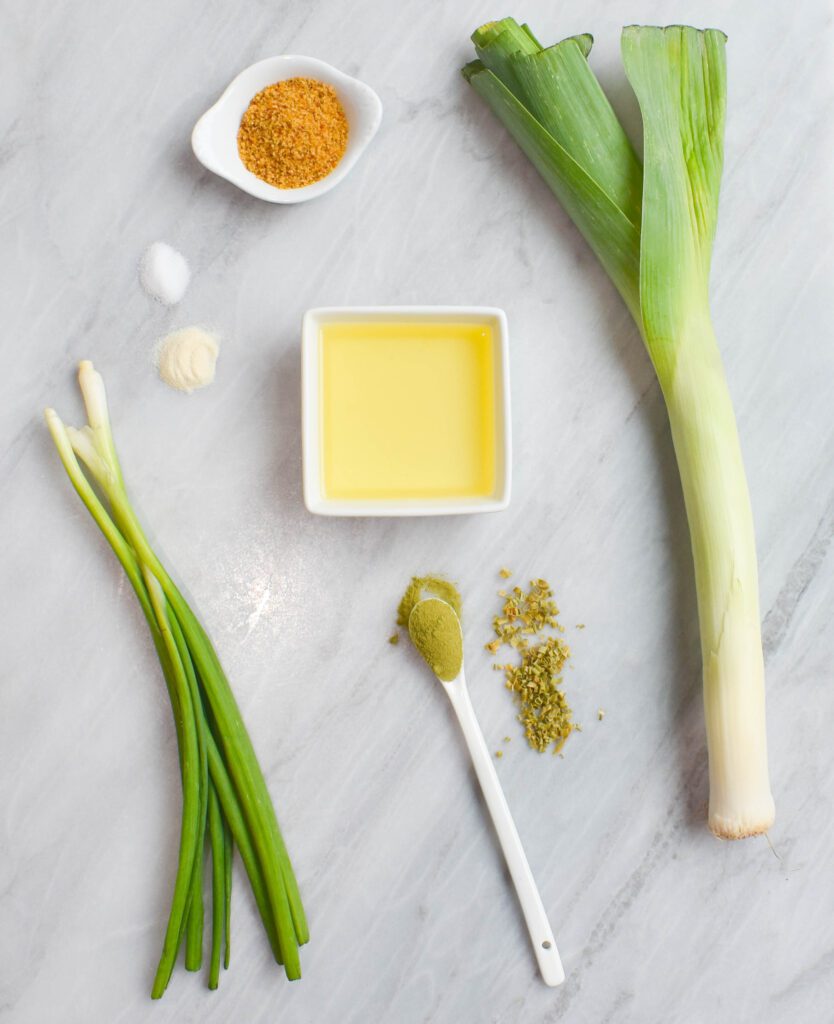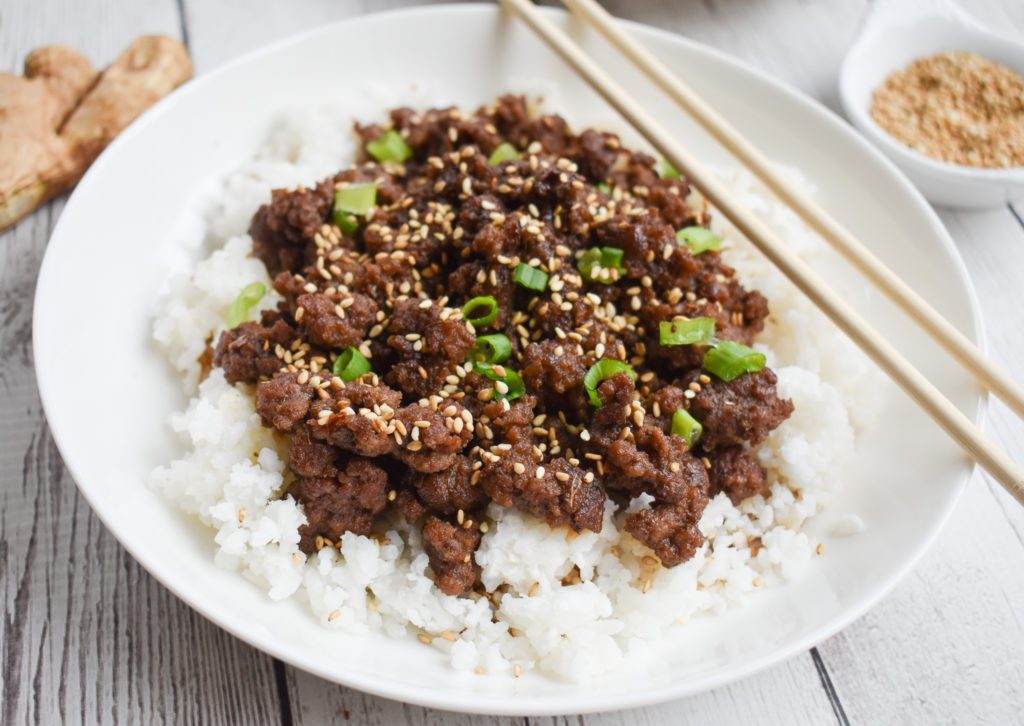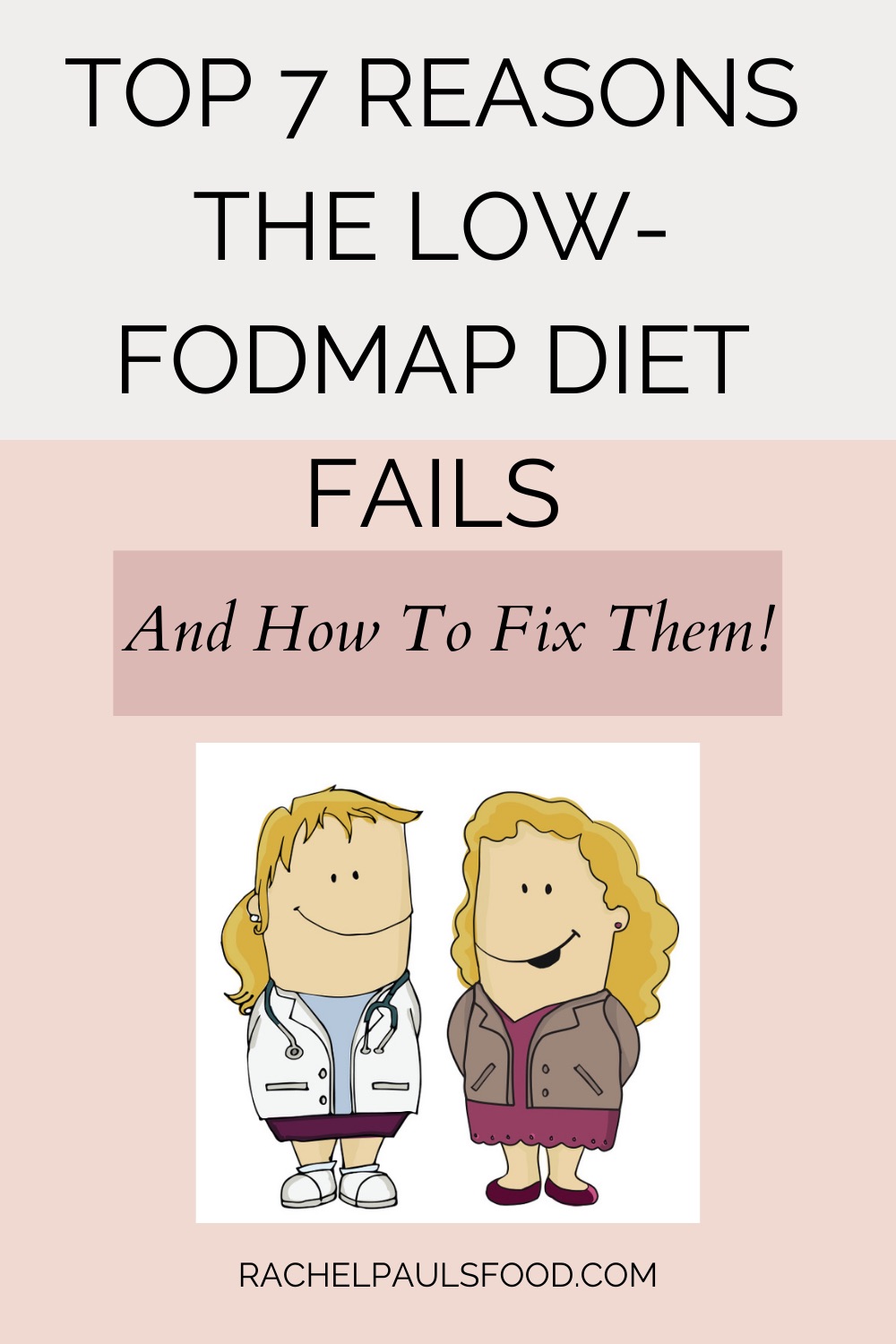
If you’re reading this page, it is likely you are struggling with IBS. You have tried many things to improve your symptoms, without success. I know how it feels; I have been there too.
Possibly you heard about a ‘low-FODMAP diet’ from your doctor, your friend, or your dietitian. You read about it online, even purchased a book. It sounded amazing…but it doesn’t seem to be working. Your symptoms are as bad as ever.
You are not alone. While the low-FODMAP diet has reported benefit in 80% of IBS patients, it is not a guarantee. However, I believe in many cases, it could be that you just need the right guidance. Take a look at my 7 ways to fix the potential causes for the low-FODMAP diet failing you.
Low-FODMAP may still be your solution!
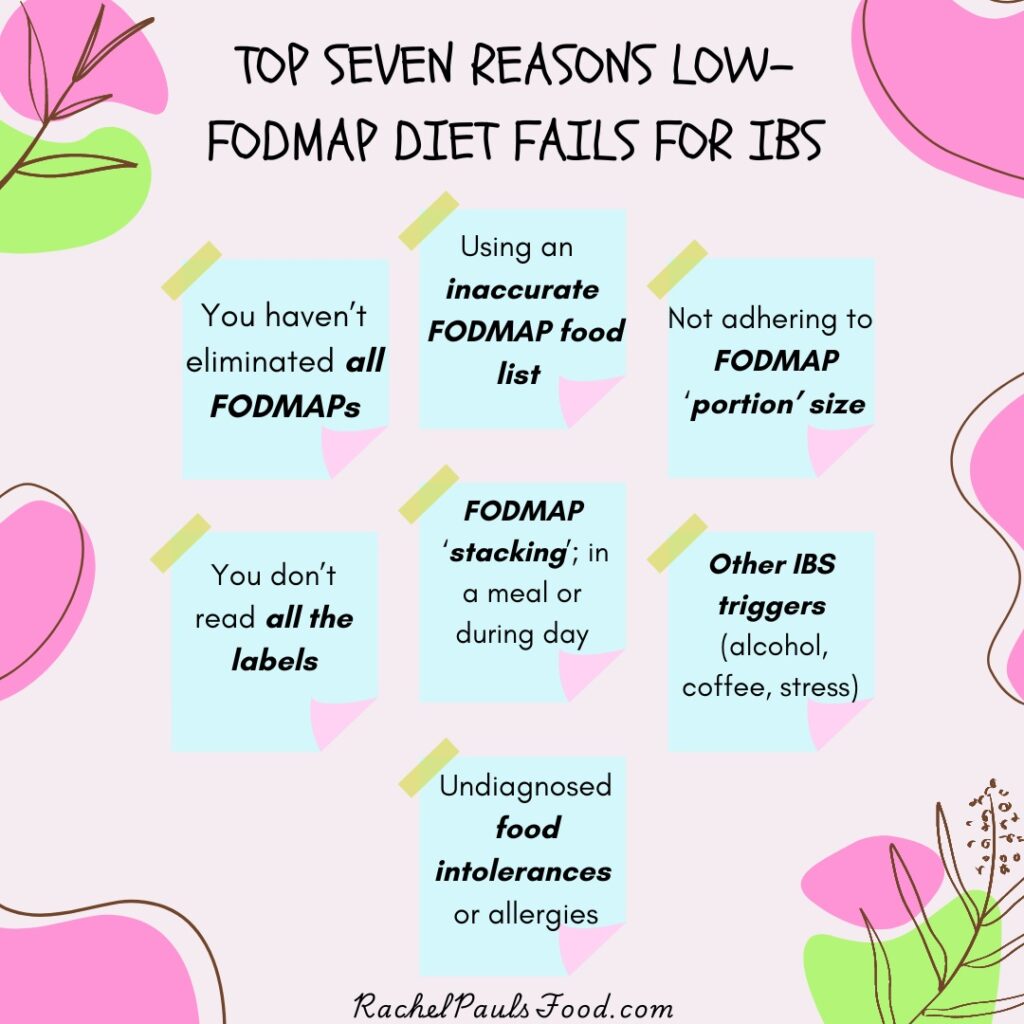
You haven’t FULLY committed
- The Elimination Phase of the low-FODMAP diet is not something you can take lightly. It is going to involve dedication, education and flexibility. If you don’t commit 100% to following the diet, particularly at first, then you may not notice results. You must check the label of every food that you eat, read accurate food lists, refer to a reliable resource, cook a lot at your home, and get support from your loved ones. If you aren’t ready, then don’t start until you are! You want the experience to be as positive as possible 🙂
You aren’t following an accurate low-FODMAP food list
- Unfortunately, there are many, many, many OLD and INCORRECT food lists, recipes and other recommendations on the Internet, in your doctor’s office and elsewhere. This makes it hard to know what is a low-FODMAP food, and what is not. It is frustrating, I know! Part of the reason for this confusion is that the low-FODMAP diet is always ‘evolving’. New foods are being tested, and old foods are being re-tested, changing the categories and amounts you can consume. You CANNOT take anything for granted.
- I highly suggest purchasing a food app from Monash University AND FODMAP Friendly to have the data at your fingertips, as well as using recipes from a reputable source such as RachelPaulsFood.com and FodmapEveryday.

You aren’t sticking to a correct portion size
- I know that this is also tricky. What is 30g? Is an Australian tablespoon more than a U.S. one? How to stick to only 1/8 avocado when you are eating out? Unfortunately, it is so important. You must be careful not to overconsume FODMAPs, particularly since everything you eat will ‘add’ up in the course of the day. I recommend a kitchen scale to compute the weights of your food, eat home cooking, and pack your snacks.
Failing to read ingredient labels
- SO IMPORTANT. I have been tricked dozens of times into thinking something must be OK, but I didn’t realize there was onion in garlic in it! Once I read the label, I was shocked (example: dry roasted peanuts, many potato chips, spice and cheese blends). Pay attention, it is worth the minute to read the label. Check out my low-FODMAP Blog on Label Reading for some other hints!
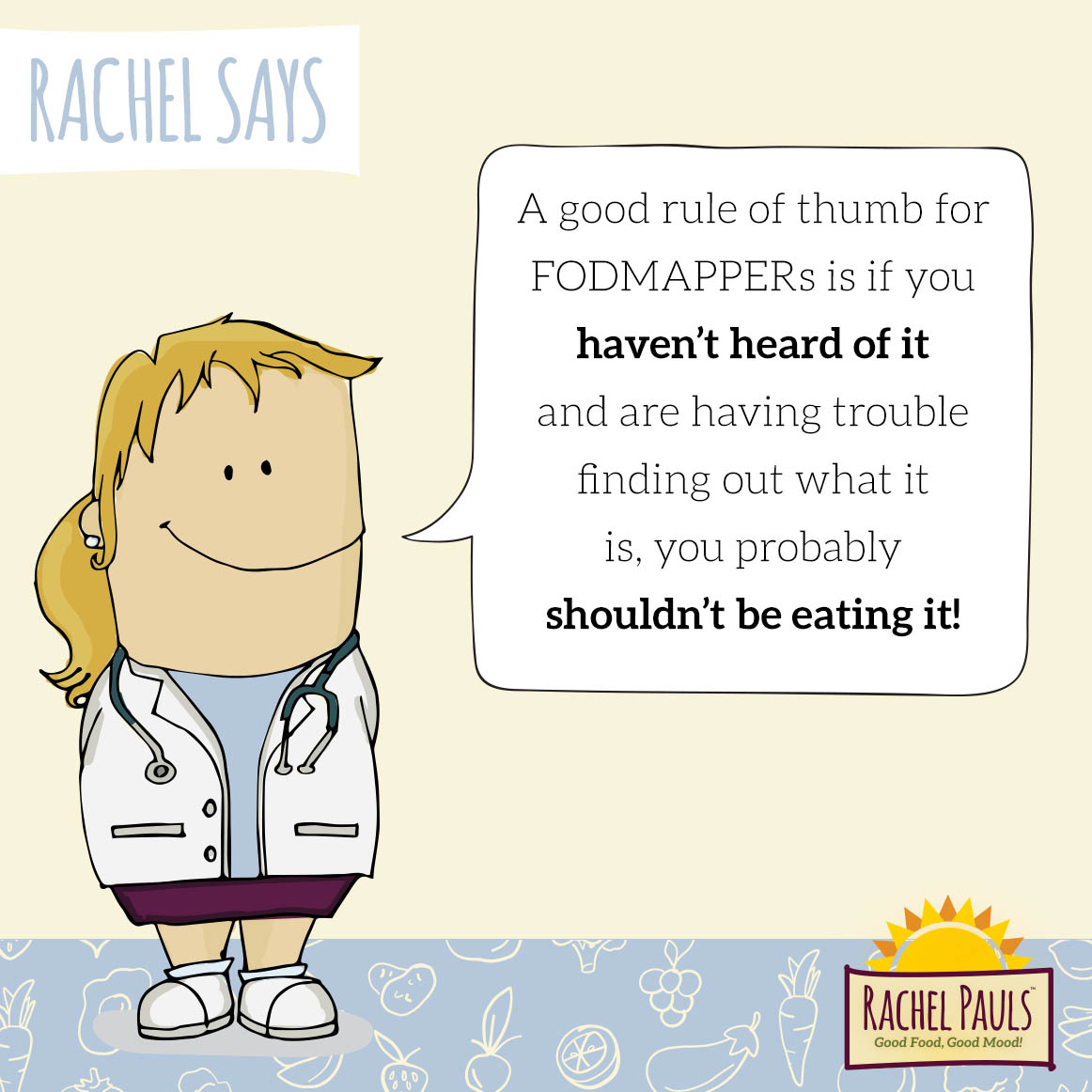
Stacking low-FODMAP foods in same category
- Even though a food may be low-FODMAP, if you consume your maximum allocation at a sitting, and then add to that a food from that same FODMAP category at the maximum allocation, together they could result in a high FODMAP meal. Example: Enjoying a salad with lentils, chickpeas and almonds. Be careful, and be aware of your food selections 🙂
Other IBS triggers: stress, sugar, coffee, carbonation, alcohol
- Our bodies don’t operate in a vacuum. We are moving in a world with other factors that impact us. Our busy lives, stress, hormonal variation and lack of sleep. All those factors may disrupt our digestion and cause IBS flares. There are also other common non-FODMAP food triggers such as caffeine, sugar, fats, carbonated beverages and alcohol. Try to limit as many triggers as possible when you are beginning the low-FODMAP diet to reduce failure.
Food intolerances
- Many people may note that FODMAPs trigger their IBS, but they may also be sensitive to other food components IN ADDITION to the FODMAPs. This could be related to milk protein allergy, Celiac disease, or histamine intolerance. If you are suspecting one of these issues, then discuss with your doctor to decide if further testing is needed. The low-FODMAP diet may not be enough to help you.
Here are some of my favorite resources to help you:
- Low-FODMAP Free FODMAP Happy Gut Guide
- Dr. Rachel’s Top 11 Tips and Tricks for the Low-FODMAP Diet (that no one ever tells you)
- Low-FODMAP Grocery Shopping List
- Low-FODMAP 5 Day Meal Plan
- When the Low-FODMAP Diet isn’t Enough for your IBS; Dr. Rachel’s Suggested Additive Tips and Treatments
As always,
Be healthy and happy,
Rachel Pauls, MD

